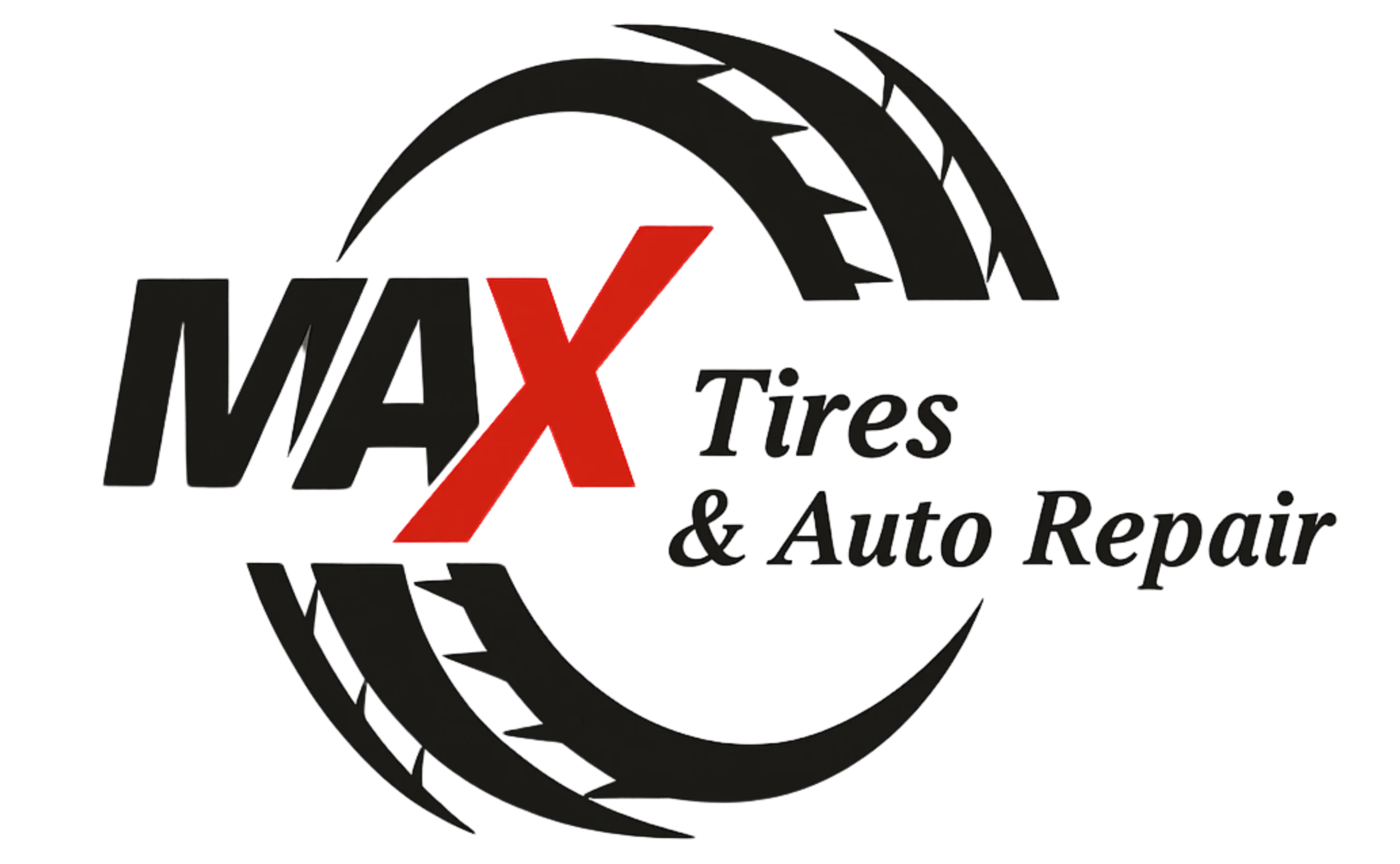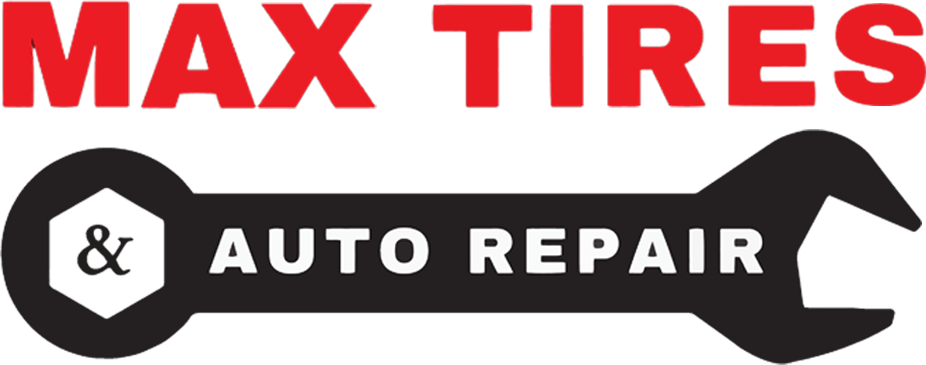Introduction
Picture this: You’re cruising down the road, your favorite song playing, windows down, and suddenly… your car makes a weird squeak or grind every time you hit the brakes. It’s easy to shrug it off at first, but just like ignoring a leaky faucet, the problem will only get worse over time.
Brakes are your car’s safety net. If they start acting up, it’s your car’s way of waving a red flag. Knowing when to visit a brake expert can be the difference between a quick fix and a much bigger, scarier problem. Let’s break down the signs, stories, and steps to keep you – and everyone else on the road – safe.
1. Listen for Unusual Noises
Ever heard the saying, “Where there’s smoke, there’s fire”? With brakes, if there’s noise, there’s usually trouble. Your brakes shouldn’t sound like a rock band warming up. If you hear any of these sounds, it’s time to pay attention:
- Squeaky Brakes
If your brakes squeak like a mouse, your brake pads might be worn out or have dust stuck in them. This sound can be your car’s way of saying, “Check me out before it gets worse.” - Grinding Sounds
Grinding is a serious warning sign. It means your brake pads could be so worn that metal is rubbing on metal. That’s not just bad for your ears; it’s terrible for your wallet and dangerous on the road. - Other Weird Noises
Clicking, rattling, or any other odd noises should never be ignored. Brakes are supposed to be quiet heroes, not attention-seekers.
Real-Life Story:
One of our customers at Max Tires ignored a small squeak, thinking it was just dust. A month later, her car wouldn’t stop smoothly, and it ended up costing much more for new rotors and pads. Lesson learned: don’t let small noises turn into big problems.
2. Feel for Changes When You Brake
Sometimes, your car talks to you through the way it feels. Here’s what to look (and feel) out for:
- Soft or Spongy Brake Pedal
Does your brake pedal sink to the floor or feel softer than usual? That’s a big warning sign. It can mean air or moisture in the brake lines, or a brake fluid leak. Both are dangerous. - Vibrations When Braking
If you hit the brakes and your steering wheel shakes like a dog after a bath, your rotors could be warped. That’s not just annoying – it’s risky. - Car Pulls to One Side
If your car feels like it’s got a mind of its own and pulls left or right when braking, you could have uneven brake pads, a stuck caliper, or issues with brake fluid. It’s time for a professional inspection.
3. Watch for Dashboard Warnings
Just like your phone alerts you when it needs charging, your car gives you signals too.
- Brake Warning Light
If you see a red or yellow brake symbol on your dashboard, don’t ignore it. This light means something’s wrong, from low fluid to worn pads. It’s your car’s way of shouting for help. - ABS Light
If the ABS (Anti-lock Braking System) light comes on, your car’s safety system isn’t working the way it should. Even if your car feels fine, get it checked.
4. Trust Your Senses: Smell and Sight
- Burning Smell
If you smell something burning, especially after heavy braking, your brakes could be overheating. This is a “stop and check” moment, not a “wait and see.” - Brake Fluid Leaks
Look under your car for puddles near the wheels. Brake fluid is usually clear or slightly yellow and feels oily. If you notice a leak, your brakes can’t work properly.
5. Brake Pad and Rotor Problems
- Thin or Worn Brake Pads
Most modern cars have a little slot on the brake pad. If you can barely see the pad left, it’s time for a replacement. - Damaged Rotors
If you notice grooves or scoring on your rotors, or if your car vibrates when stopping, your rotors might need resurfacing or replacing.
6. Don’t Let Small Issues Become Big Dangers
Ignoring brake problems is a bit like ignoring a splinter – it might seem minor now, but it can get infected and become a much bigger deal. Small fixes now prevent scary situations (and big bills) later.
7. When to Visit a Brake Expert
If any of these signs sound familiar, don’t wait. A professional brake inspection is quick, often affordable, and can literally save lives. At Max Tires in Natomas, we see every kind of brake issue under the sun. Most repairs are cheaper when you catch them early.
Case Study:
A local driver came in after his dashboard brake light wouldn’t go off. It turned out to be a small fluid leak – a fix that took less than an hour. If he’d waited, it could’ve led to total brake failure on the highway. Catching problems early isn’t just smart – it’s safe.
8. Choosing the Right Brake Repair Shop
You wouldn’t go to a dentist for a broken arm, right? The same logic goes for brakes. Look for:
- Local expertise (like the Natomas brake experts at Max Tires)
- Certified, experienced technicians
- Transparent pricing and honest reviews
- Friendly, straightforward communication
9. Brake Maintenance Tips: Prevention is Better Than Cure
- Get your brakes checked at least once a year
- Replace brake fluid as recommended
- Don’t overload your car
- Pay attention to your car’s “voice” – sounds, smells, and feels
- If in doubt, get it checked out
Conclusion
Your brakes are your car’s lifeline. When they talk, it pays to listen. Trust your senses, watch for warning signs, and never be afraid to ask a pro. Remember: taking care of your brakes isn’t just about protecting your car – it’s about protecting your family and everyone you share the road with.
Ready for a safe, smooth ride?
If you’ve noticed any of these brake warning signs, swing by Max Tires in Natomas for a free professional brake inspection. Our friendly team will check your brakes, explain everything in plain English, and help you get back on the road with confidence. Don’t wait until a small problem becomes a big one – book your brake check today!


